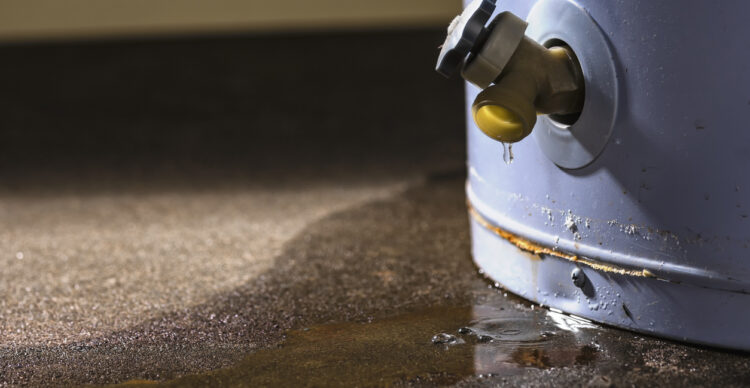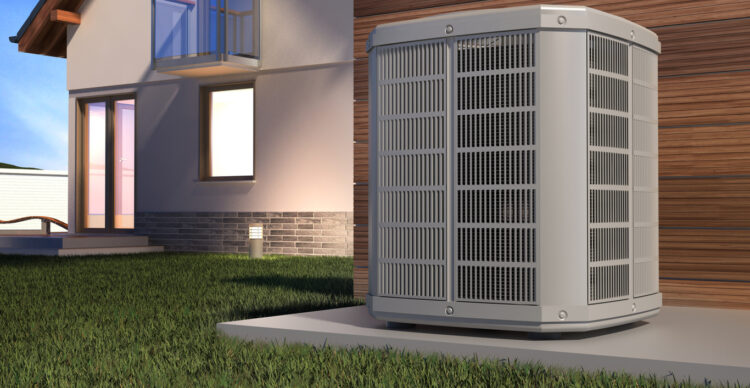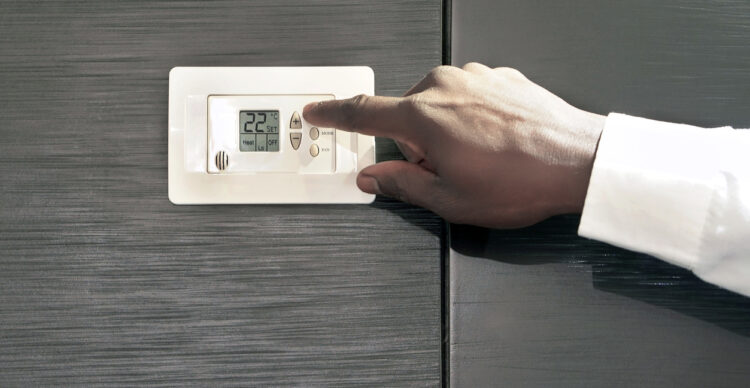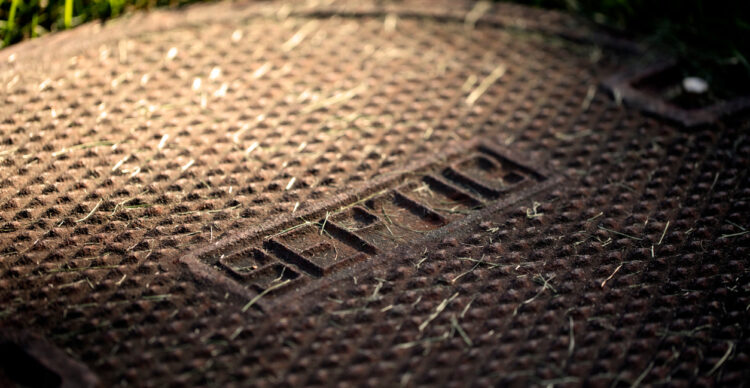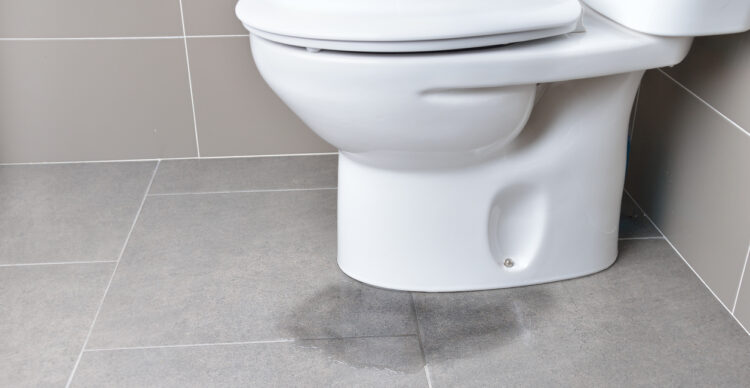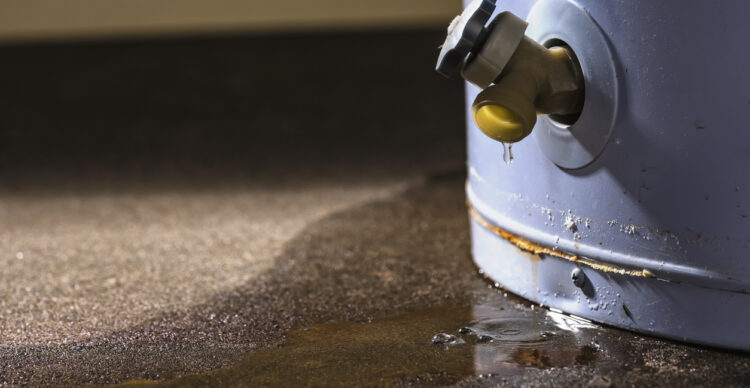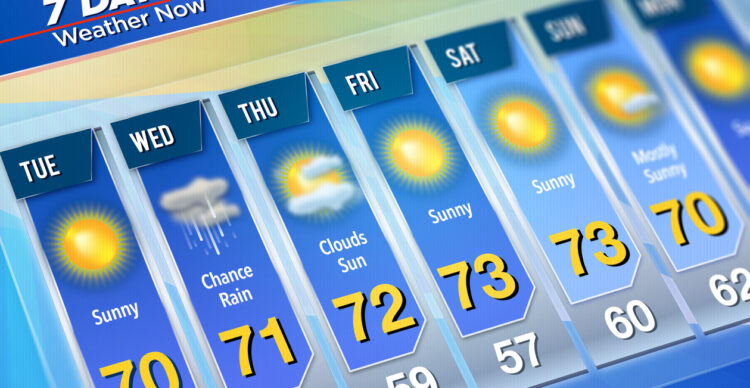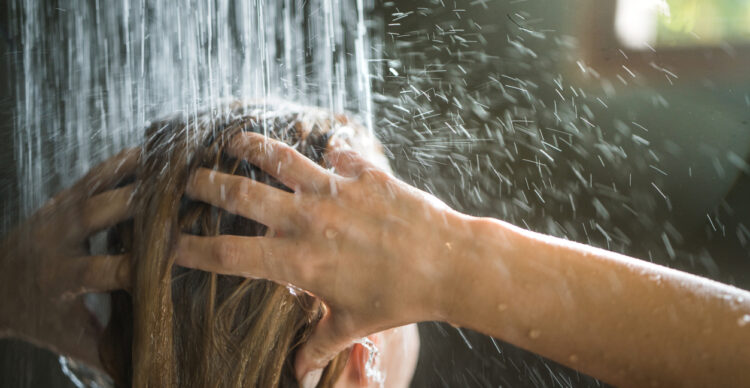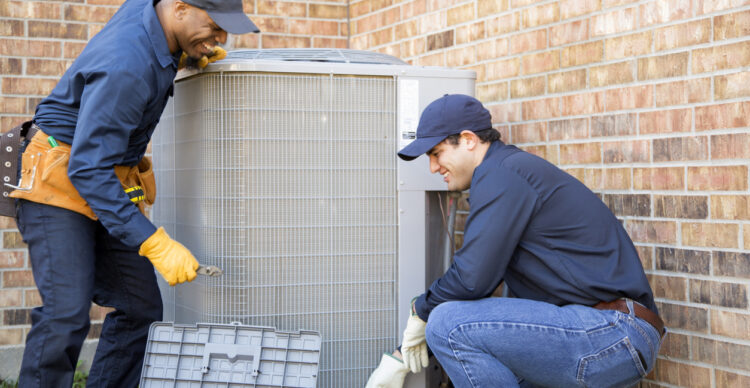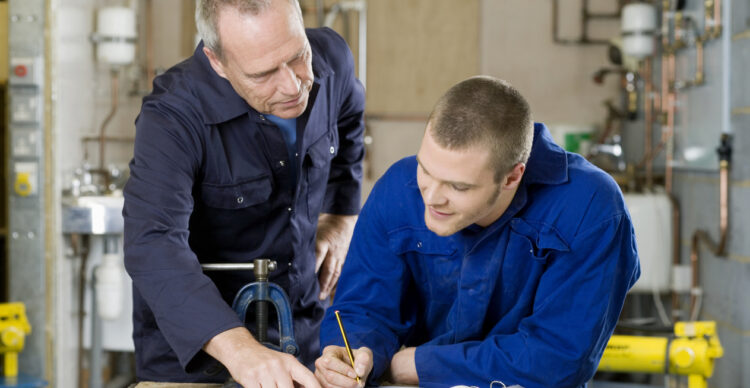When your home is ready for a new water heater, it’s easy to think that you can install it yourself. While not incredibly complicated, there are definitely problems that can arise which can make the “simple task” anything but. While following all of the directions that come with your new system (and turning on YouTube every now and then) can help, there’s still a chance that you’ll have to deal with some serious issues. Accessibility. Depending on where your water heater is located, installation can be a real nightmare. In some cases, water heaters are hidden in homes, which isn’t an issue until it comes time for maintenance or replacement. Unfortunately, sometimes water heaters are placed in homes improperly, like not being on a solid wood floor in an attic or not having enough access to reach the power switch. If you find that your water heater is difficult to
Learn More Now >> →Those hot summer days are almost here, which means you’ll be wanting to do everything possible to stay cool inside your home. While a great AC system can do a lot of the work, there are still some smart things you can do to make sure you’re getting the most out of your HVAC unit. Think Sun. The more sun you let into your home, especially through windows, the harder your AC has to work. During the super hot summer afternoons, do your best to minimize how much sun is coming in by closing curtains. Know Your Leaks. Pumping a lot of cool air into your home doesn’t do much good when your home is leaking it all out. By sealing leaky windows and doors, for example, you can be sure that you keep more of the cool air in. And, like your mom always said, keep your doors closed
Learn More Now >> →If you’re home is ready for a new HVAC or air conditioner system, it’s a good idea to make the purchase after you’ve done some research. As you know, your air conditioner is important, especially as the summer months roll around in Maryland, which is why you want to make sure that you’re getting the right unit for your home. Of course, HVACs do more than just keep your home cool (although that’s what most people care about). AC systems also improve air circulation, reduce humidity and can also filter airborne toxins – and that’s something not a lot of homeowners realize! The good thing about buying a new air conditioner is that it’s a long-term investment. On average, it will last about two decades. So, when shopping for one, it’s smart to consider all of the details so that you feel confident about the investment in your home you’re
Learn More Now >> →If you’re new to having a septic tank, don’t worry. Despite what you may have heard, it’s actually fairly easy to keep your septic tank in great shape. All it takes is consistency and a little bit of know-how. Below are our top three tips for maintaining your septic tank so that you help to avoid some of those major catastrophes that give septic tanks a bad rap. Inspect Frequently and Pump Often. On average, most septic tanks need to be professionally inspected at least every three years, according to the Environmental Protection Agency. Depending on the result of the inspection, you’ll need to have your home’s septic tank pumped every three to five years. If your septic system features electrical or mechanical components, then it’s a good idea to have it inspected once a year. Consider Water Efficiency in Your Home. Every day, each person in your home will
Learn More Now >> →Updating the toilets in your home can not only make your bathrooms look nicer, but it can save you money on your utilities too. While it can be tempting to install your new toilets on your own, there are a few things you should consider before you get started. While YouTube how-to videos can make the process seem fairly simple, there’s a lot more work involved than you might have imagined – and a lot of things that can go wrong, too. When you start removing an old toilet, you’ll quickly see that there’s a lot of inspection needing to happen before you even begin installing a new toilet. Depending on the shape of the floor underneath, you might have to work on the floor first, especially if your old toilet was leaking. Once you have the floor ready for your toilet to install, here are a few other things
Learn More Now >> →Having warm water in your home is one of those things you take for granted. That is, until you don’t have it. Nothing can be as frustrating as getting ready for a warm shower or a hot bath only to discover that your hot water heater isn’t working properly – or not at all. And, while most homeowners understand the need to replace a broken water heater, they don’t all understand the benefit of actually updating your water heater before it’s actually completely shot. The first thing to keep in mind is that water heaters use energy in your home, and a lot of it. The older they get, the less efficient they become. And, when your water heater becomes less efficient, then it becomes more expensive. The sooner you update your water heater, the more money you’ll save in your home’s utility expenses. New water heaters are more efficient
Learn More Now >> →Your HVAC system is ready to be used, but is it actually ready to do its job? With warmer weather (thankfully) just around the corner, it’s important that you are attending to your cooling system’s needs. The worst thing you can do this time of year is assume that your HVAC is ready to go, only to realize that it’s not working the way it should – especially when those hot summer days are in full swing. To avoid HVAC havoc this spring and summer, here are a few steps you can take right now to make sure it’s in tip-top shape. Check your windows and doors. Winter weather can do damage to the seals around your doors and windows, which is why it’s a good idea to give them a look over when spring arrives. If you find cracked or damaged seals, replace them so that your HVAC system
Learn More Now >> →It’s been a long day. You’ve had a long drive home and the one thing you can’t wait to do is jump in the hot shower and relax. But, once you climb in…the shower isn’t hot! At Arctic Plumbing, HVAC and Electric we know there is nothing worse than getting in a cold shower. That’s why we’ve compiled this list of reasons why your shower might not be heating up. Check it out! COMPROMISED WATER HEATER One of the most common reasons showers fail to warm up on demand is because the water heater used to heat the water is faulty. Over time, there are a number of different things that naturally begin to deteriorate in a water heater (whether it is gas or electric.) Potential areas of faultiness that could affect the hot water in your shower include elements that have burnt out, a compromised dip tube, or a
Learn More Now >> →When you install a new HVAC system in your home in Central Maryland, you also have to choose a way to control it. While choosing a new thermostat can be exciting (yay for getting rid of that old manual one), it can also be a bit confusing. To help you choose the best thermostat for your home, here is a rundown of the most common options. SMART THERMOSTATS Smart thermostats are the way of the future and one of the most popular current options for homeowners in Central Maryland. Thanks to AI (Artificial Intelligence) technology, smart thermostats are able to learn the “habits” of your home and respond accordingly. When you leave the house, they adjust automatically to conserve energy. If you are not active in a specific area of your home, they also learn to adjust the heat or air conditioning to other areas of your home where you
Learn More Now >> →April showers bring May flowers…and, unfortunately, many flooded basements. If you want to make sure you aren’t the lucky recipient of a flooded basement this spring, you need to make sure you have the appropriate measures in place. One common item plumbers and other home improvement specialists refer to when talking about protecting a home from basement flooding is a backflow valve. Here’s what that is and why you might need one. What is a backflow valve? In the event that your basement floods, water backs up into the drains. If that water were to flow backward into your pipes it could contaminate your clean drinking water causing you and your family to become ill. To put it very simply, a backflow valve is a valve that is placed on your water pipes to prevent that from happening. Does my home need a backflow valve? Yes. Unless your home is
Learn More Now >> →
